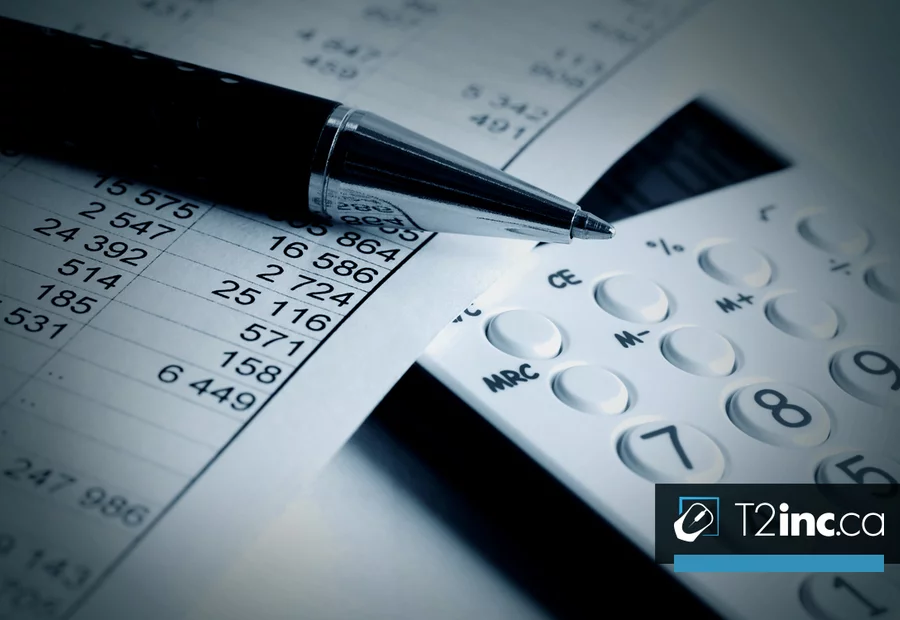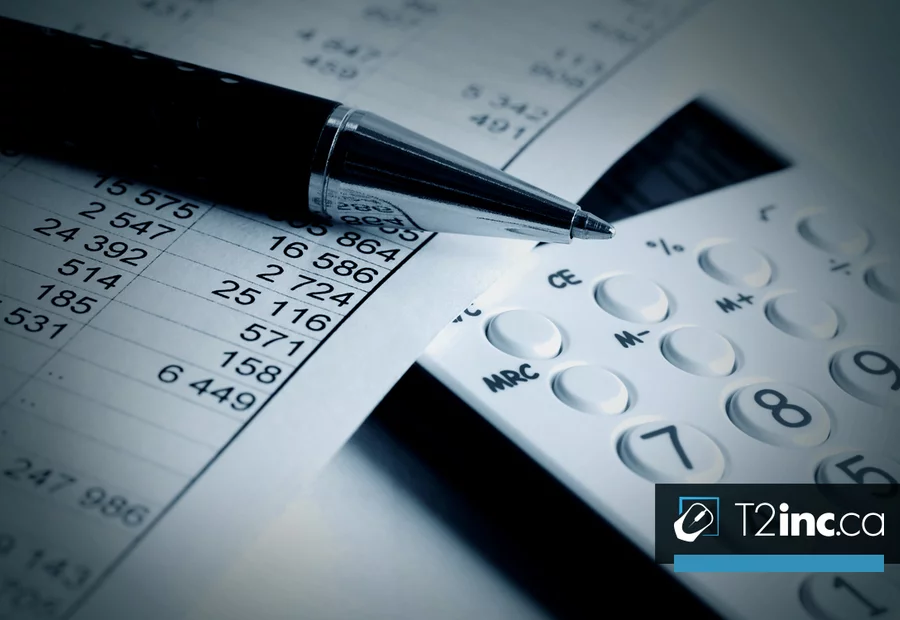How can you get a clearer picture of your business accounting?

Do you have an entrepreneurial spirit and always look for new experiences? To satisfy your thirst for adventure, you may have decided to take on a huge challenge: starting your own business.
But you suddenly realize how much energy you need to invest to generate sales, manage your expenses and provide good customer service. You are running out of time to take care of the financial, accounting and tax aspects of your company, which are very important for its growth and even its survival.
Well, this problematic situation is experienced by over 80% of entrepreneurs. For many of them, everything related to business accounting is a major headache.
If you are one of these 80%, here is some information that will help you to get a clearer picture of your business's accounting.
Short on time? Find a good accountant
Most entrepreneurs have several objectives in mind: making more money, more sales, having a good work team, being able to balance work and family, having an extensive contact network, etc. However, all face the same obstacle: the fact that there are only 24 hours in a day. There’s never enough time!
It is therefore extremely important to carefully assess your priorities, in order to put your efforts into tasks that will yield the best results. You must choose battles that you can win. That's why if you don't feel competent in accounting and finance, the best thing to do is to surround yourself with experts in the field. Accountants and tax specialists can share their expertise with you while saving you valuable time.
To find a good accountant, you will need to do some research to identify someone you trust completely and who can explain the information they will have to provide you. This is how you can start to get a clearer picture. You shouldn't close the door on acquiring accounting skills, even if you're not passionate about the field and have something else to do. You will always benefit from learning about corporate accounting and taxation.
Have a look at the reports your accountant will provide you. Financial statements, tax returns and tax slips are just a few examples of documents that can teach you a lot.
Financial statements: the basis of business accounting
Corporate taxation of course involves the production of tax documents within specific deadlines. But before you can focus on that, you first need to know the basics of business accounting: the financial statements.
Before you can produce them, it is important to have all your financial transactions stored in an accounting software. You must enter all data such as your income (customer invoices with date, amount and applicable taxes) and business expenses.
The income statement
This initial financial statement gives you an accurate picture of the profits or losses your company has made over a given period of time. In simpler terms, this is your income, minus your expenses.
The cash flow statement
As an entrepreneur, you should be aware of deposit and withdrawal amounts. You need to know how much money you are supposed to receive from your customers and what you have to pay to your suppliers. These figures will help you calculate whether you will have enough capital to pay your bills and expenses.
This is how to summarize the 2nd important financial statement: the cash flow statement. It is an essential management tool because it is very useful in forecasting funding needs. It helps you avoid running out of cash and everyone knows that in business, cash flow is king!
The balance sheet
By combining all the data you have compiled to produce the first 2 financial statements (sales, expenses, deposits and withdrawals), you can prepare a 3rd one: the balance sheet.
Unlike the income statement (income - expense = profit (loss)) which is for a given period of time (start date and end date), the balance sheet is a fixed-date financial statement. It does not therefore cover a temporal space, but rather gives a portrait of the company's finances at a specific moment in its existence. In general, the balance sheet includes all transactions other than income and expenditure accounts that are not included in the income statement.
A simple way to look at the balance sheet is to think about the personal financial balance sheet, which includes assets (goods owned or other properties), liabilities (debts, loans, amounts payable, etc.) and owners' final equity accounts. In short, it's like a picture taken at a specific time and analyzed by the accountant. For an entrepreneur, the objective is for total assets to exceed total liabilities.
In conclusion, business accounting can be simple
Finally, to better understand financial statements and business accounting, you should remember that there are 3 financial statements to know and 5 types of accounts to keep in order to produce them. The 3 financial statements are the income statement, the cash flow statement and the balance sheet, while the 5 types of accounts are income, expenses, assets, liabilities, net assets of the owner and finally, share capital.
Start by keeping an eye on your income and expenses, and always know how much you owe your customers, your suppliers and employees. With this information, you will have a good understanding of the accounting fundamentals of your financial statements.
If you ever want to learn more about this subject, please do not hesitate to contact the T2inc.ca team. We can provide you with our expertise to provide you with a clearer picture of business accounting.
Contact our experts
Have a question? Need help? Fill out our online form to get help from our experts.
Contact usNeed more help?
Contact us by filling out our form
Are you interested in our services, but would like more information before taking the plunge? Contact us today and one of our tax accountants will be in touch to help you.
At T2inc.ca, we're committed to helping business owners manage their company's tax affairs so they can grow their business.




